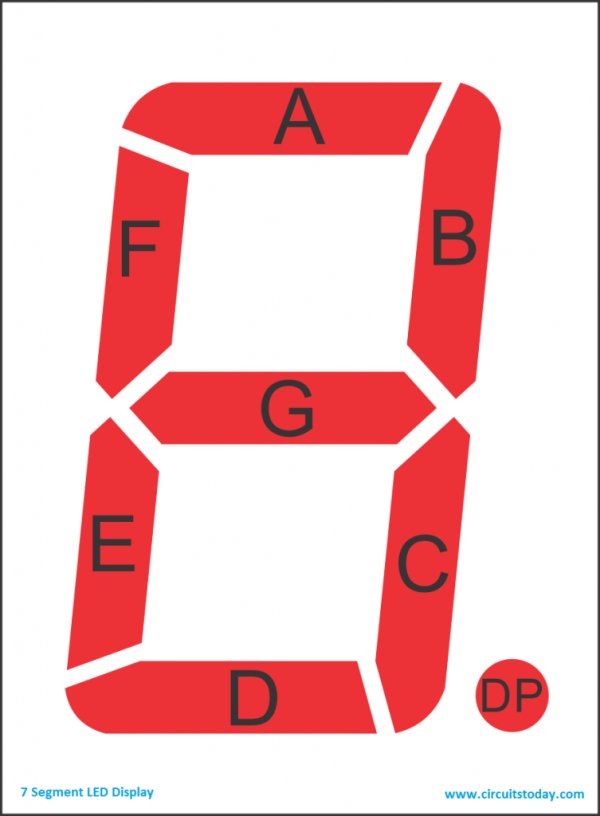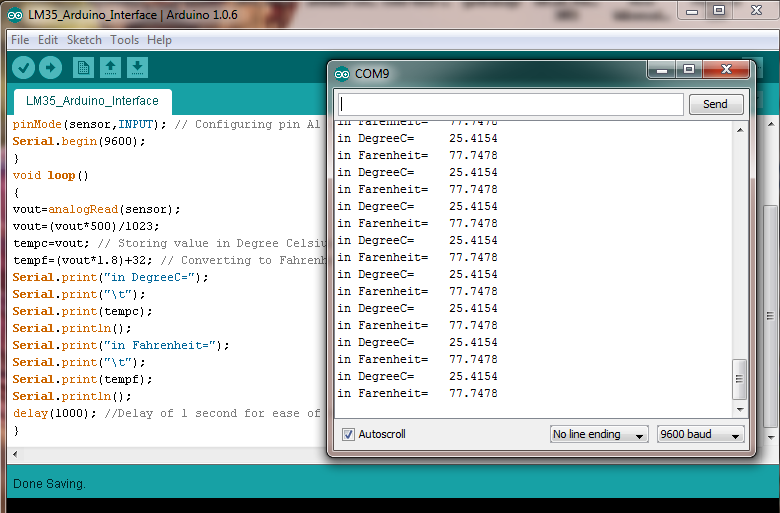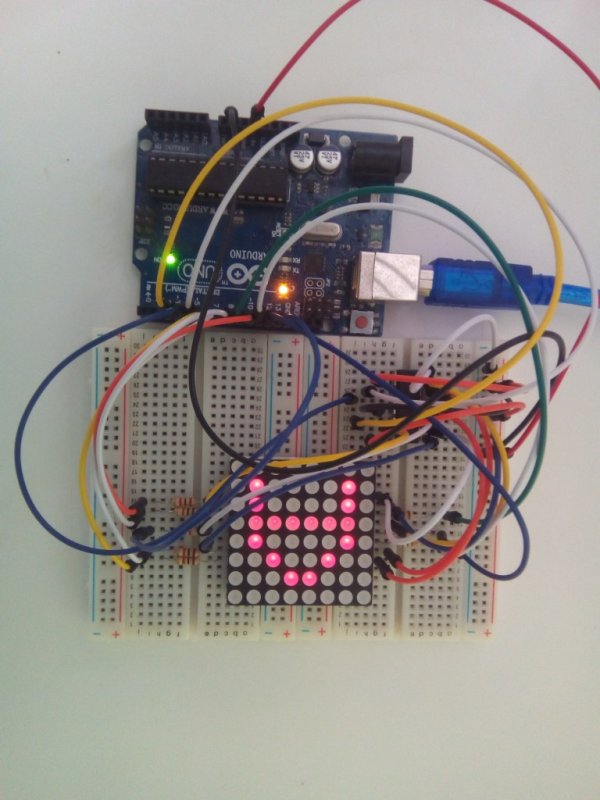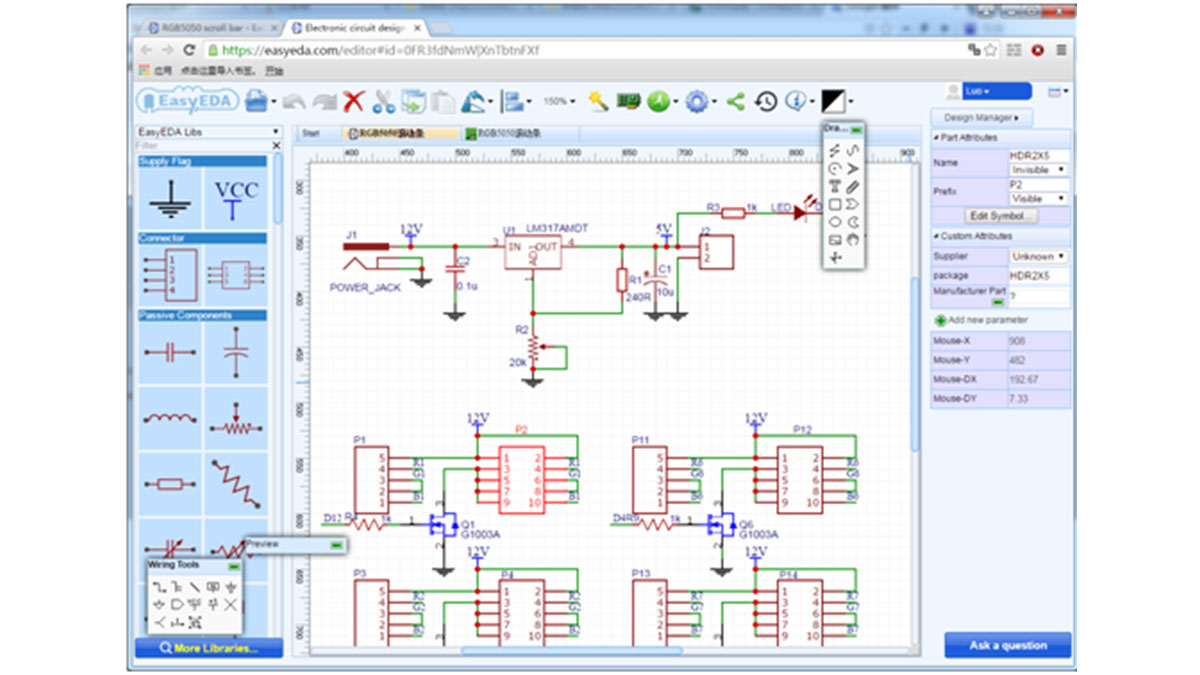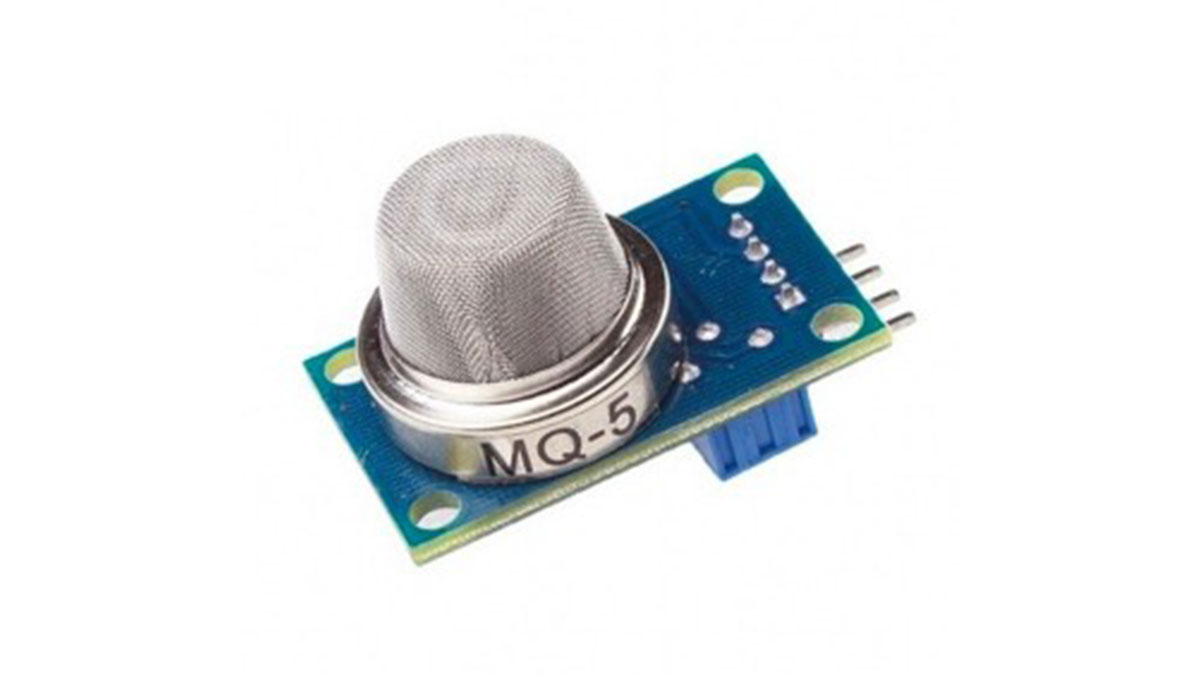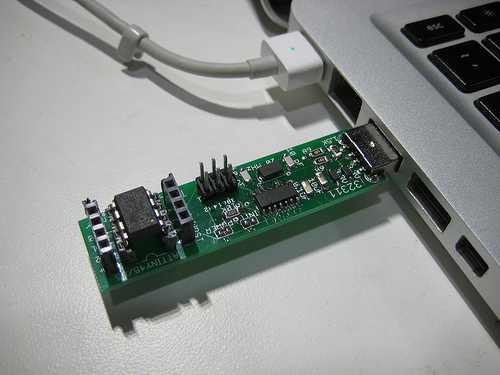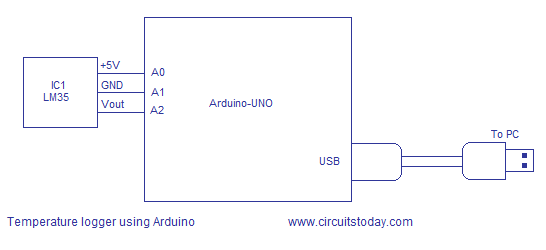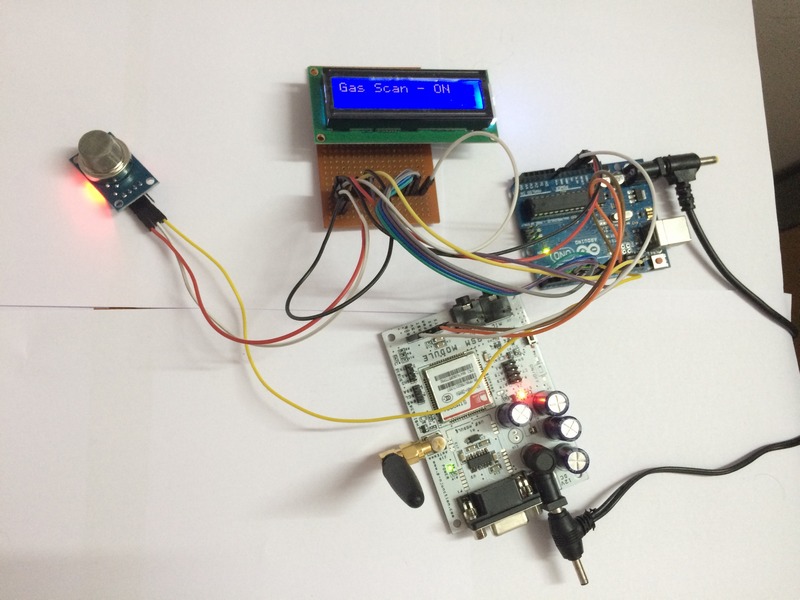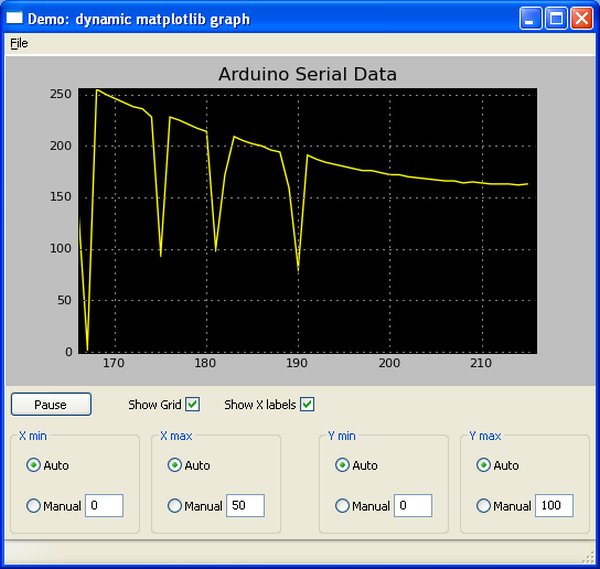In this article, we are publishing a tutorial on how to interface seven segment LED display to Arduino. Seven segment displays are used in many embedded system and industrial applications where the range of outputs to be shown is known beforehand. Basic 1 digit seven segment display can show numbers from 0-9 and a few characters. […]
Projects
LM35 and Arduino – Temperature Measurement and Display on LCD
In this article, we are presenting a tutorial on how to interface LM35 and Arduino along with its program. Once we successfully interface arduino and lm35, we will go on to build a temperature display using arduino and a 16×2 LCD module which constantly monitors temperature around the measurement field/range of LM35 and displays the […]
Interfacing 8×8 LED Matrix with Arduino
LED matrix displays can be used to display almost anything. Most modern LED sign boards uses various types of matrix boards with controllers. In this tutorial we are going to interface a single color 8×8 LED matrix with Arduino and display a few characters in it. 8×8 matrix consists of 64 dots or pixels. There […]
How to Make an LED Scrollbar
In this tutorial, we are going to build an LED Scroll Bar as shown in the image given below. The project is designed to flash Ten LED strips ( by giving different lighting patterns for each strip) with the help of a control board. We have created a simple GIF animation of the project to […]
Interfacing MQ5 LPG Sensor to Arduino
In this guide, we learn how to interface MQ5 Gas sensor (which is a generic Gas Sensor more suited to detect and determine LPG concentrations) with Arduino. In this tutorial, we are using the MQ5 Gas sensor module (which is widely available in market) . This module has two output possibilities – an analog out […]
Tachometer using arduino
Tachometer is a device used for measuring the number of revolutions of an object in a given interval of time. Usually it is expressed in revolutions per minute or RPM. Earlier tachometers purely mechanical where the revolution is transferred to the tachometer through mechanical coupling (cable or shaft) , the rpm is determined using a […]
Programming an ATtiny w/ Arduino 1.6 (or 1.0)
This tutorial shows you how to program an ATtiny45, ATtiny85, ATtiny44 or ATtiny84 microcontroller using the Arduino software. These are small, cheap ($2-3) microcontrollers that are convenient for running simple programs. The ATtiny45 and ATtiny85 have eight legs and are almost identical, except that the ATtiny85 has twice the memory of the ATtiny45 and can […]
Temperature logger using arduino
Simple temperature logger using arduino (°C & °F). This project is about a simple USB temperature logging system using arduino uno and the serial monitor function in the arduino IDE. The system monitors the temperature every 2 seconds and shows it on the arduino serial monitor. The temperature is shown in °Celsius and °Fahrenheit. The system is interfaced […]
Gas Leakage Detector using Arduino and GSM Module with SMS Alert and Sound Alarm
We have published lots of interesting arduino projects like GSM based Fire Alarm System , Line Following Robot, RFID Based Access Control System and many other useful projects. This time, we are publishing a highly useful home application – Gas Leakage Detector using Arduino and GSM Module with SMS Alert and Sound Alarm. We have […]
Arduino and Python
Talking to Arduino over a serial interface is pretty trivial in Python. On Unix-like systems you can read and write to the serial device as if it were a file, but there is also a wrapper library called pySerial that works well across all operating systems. After installing pySerial, reading data from Arduino is straightforward: […]

